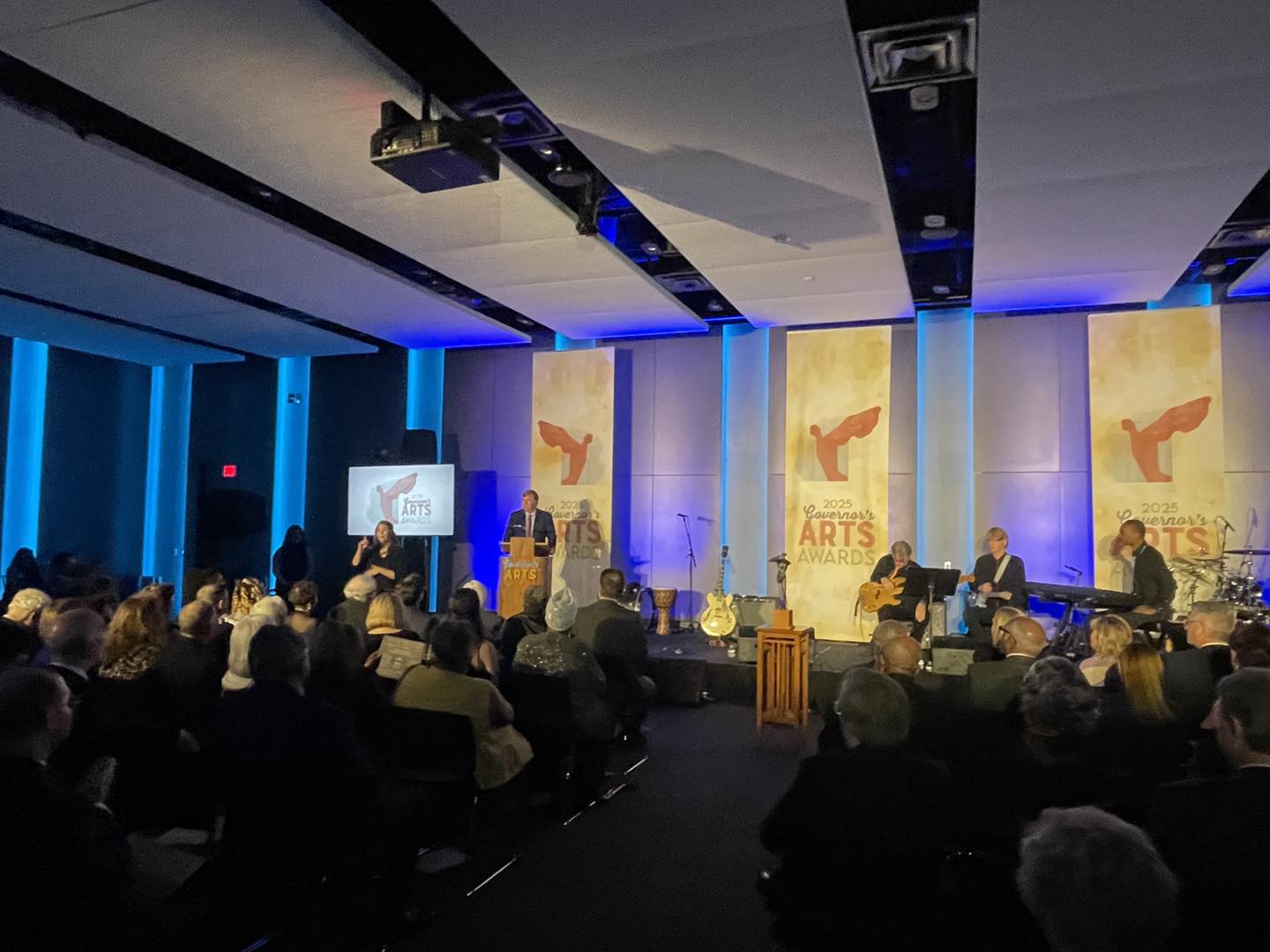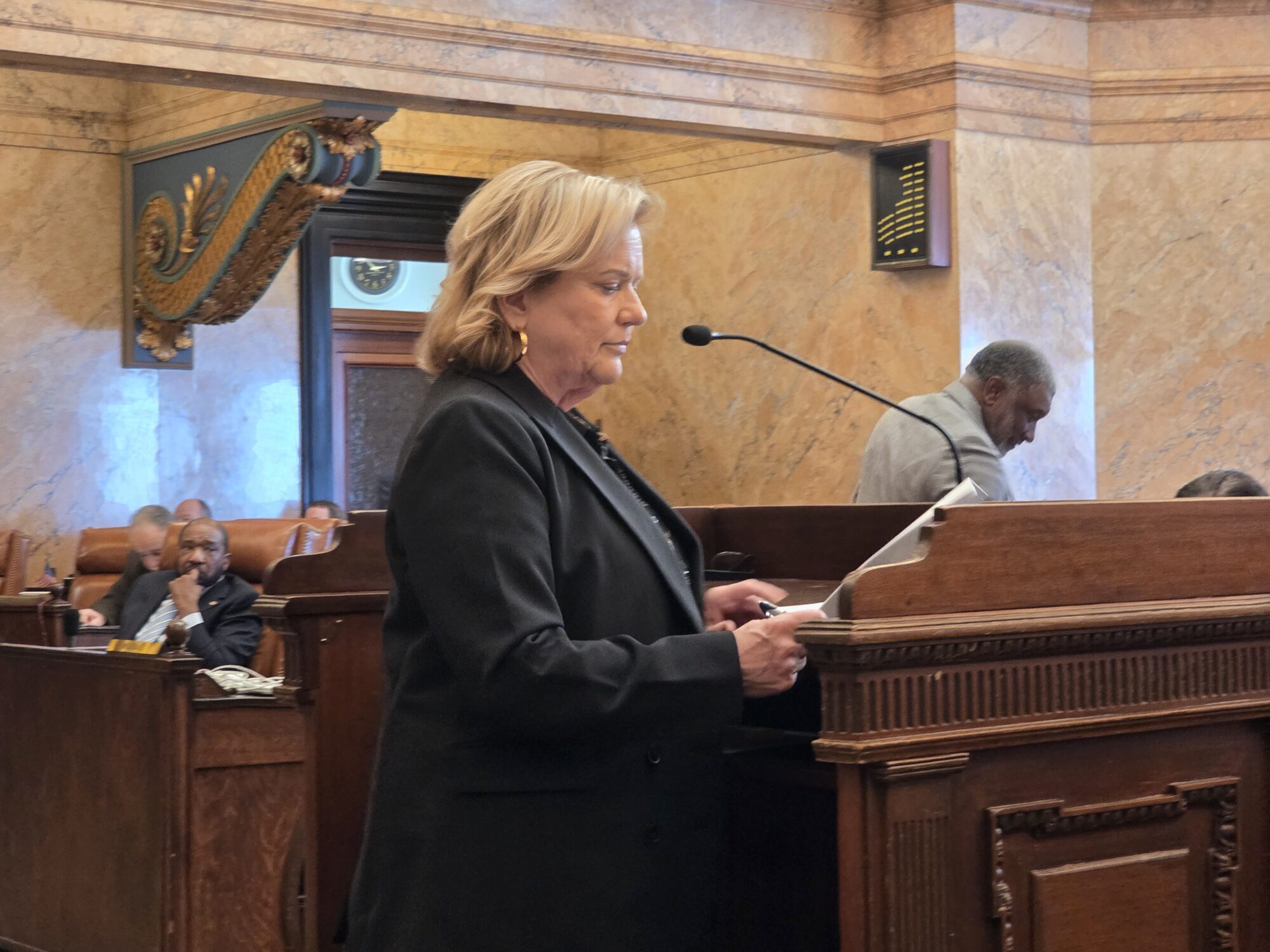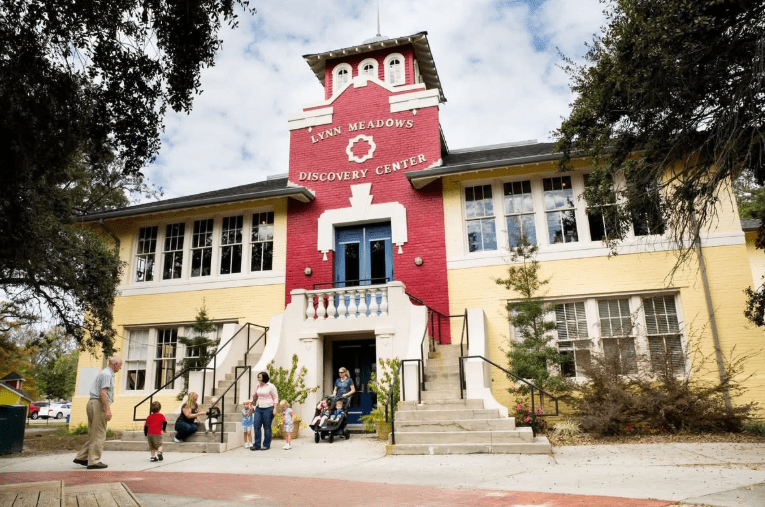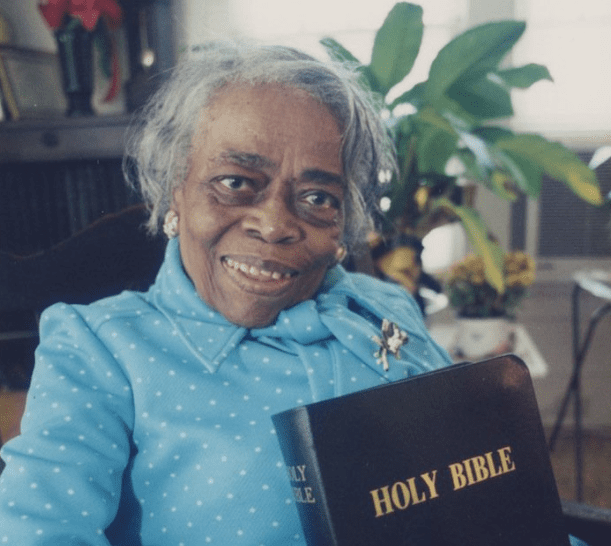
- During her life, Oseola lived frugally, never spending money on things she didn’t need.
Oseola McCarty did not live a remarkable life. Born in Shubuta, Mississippi, on March 7, 1908, she moved to Hattiesburg as a child and lived with an aunt who had no children of her own. Oseola’s mother taught her to live frugally, and when she moved to Hattiesburg, her mother taught her to save money. The girl opened her first savings account at First Mississippi National Bank.
When her aunt was hospitalized and later needed someone to take care of her at home, Oseola quit school to care for her. She never returned to school.
Raised in a world of women, Osceola’s beloved grandmother passed away in 1944, followed by her mother in 1964, and her aunt in 1967. She received money from her mother and aunt when they died, and instead of spending it, she saved it.
Oseola never married or had children. She worked her entire life as a washerwoman, following in the steps of her grandmother. It was an honorable trade, but certainly not a career to attain great wealth. She took in washing and ironing for some of Hattiesburg’s most successful families, quietly working day after day, until arthritis made the work too painful and difficult. She retired from tending to the laundry of Hattiesburg’s elite in 1994.
During her life, Oseola lived frugally, never spending money on things she didn’t need. She never owned a car. Instead, she walked just about everywhere she went. She pushed a cart nearly a mile each way to go grocery shopping. Her friends gave her rides to church. She never had a color TV, only an old black and white model that received local broadcasts. She felt that newspaper and magazine subscriptions were an unnecessary extravagance, so she never had them.
In 1947 her uncle gave her the home she lived in until her death. Throughout the years, she opened savings accounts in various banks including one at Trustmark National Bank, which she later appointed as the trustee of her trust and executor of her estate.
Employees of Trustmark Bank noticed Oseola’s accumulated savings. They began to assist her with estate planning, and in doing so, they got to know Oseola as a person. They convinced her to purchase two small window unit air conditioners for her home and cable television service.
A local attorney (for whom she had done laundry) worked with the bank’s trust officer to help Oseola make decisions about the future distribution of her estate. Using slips of paper and dimes, she set aside one dime (10%) for her church, one dime each (30%) for three of her relatives, and the remaining six dimes (60%) for Southern Miss. She desired that the University use the funds for students of African-American descent, who may not otherwise attend college due to financial hardship.
McCarty’s plan was made public, and local leaders immediately stepped up to fund an endowment in her honor. She signed an irrevocable trust, which allowed the bank to manage her funds while she received a regular check.
That’s where her unremarkable life turned into a quite remarkable one. The story of the quiet washerwoman whose selfless spirit would now affect the lives of college students well into the future was told across the world. Then President Bill Clinton presented her with a Presidential Citizens Medal, the nation’s second-highest civilian award, during a special ceremony at the White House. She won the Avicenna Prize presented by the United Nations for educational commitment. In June 1996, she was awarded an honorary doctorate from Harvard University. That December, she was in New York, where she flipped the switch on the countdown ball in Times Square on New Year’s Eve. Before all the recognition she received, Oseola had never flown on a plane or slept in a hotel room.
More honors followed. In 1997, she received the Award for Greatest Public Service Benefiting the Disadvantaged, given out annually by Jefferson Awards. Patti LaBelle sang a tribute to her when she was recognized with an Essence Award during a ceremony held in New York’s Madison Square Garden.
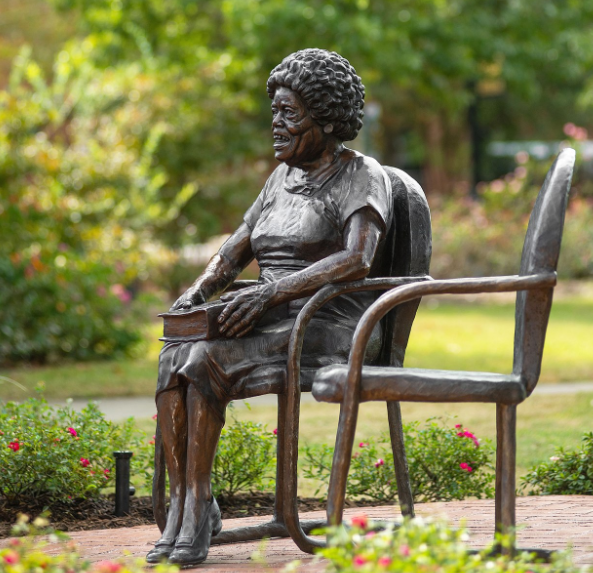
Southern Miss presented Oseola with an honorary degree in 1998, the first such degree honored by the University. Oseola’s death was as quiet as her life. She died of liver cancer in 1999 at the age of 91.
On October 8, 2020, the University of Southern Mississippi Foundation honored the life and legacy of Oseola McCarty in recognition of her unexpected generous gift to USM in a virtual celebration featuring interviews with special guests and the unveiling of a sculpture of the unassuming washerwoman which now sits proudly in front of a dormitory building that bears her name.



